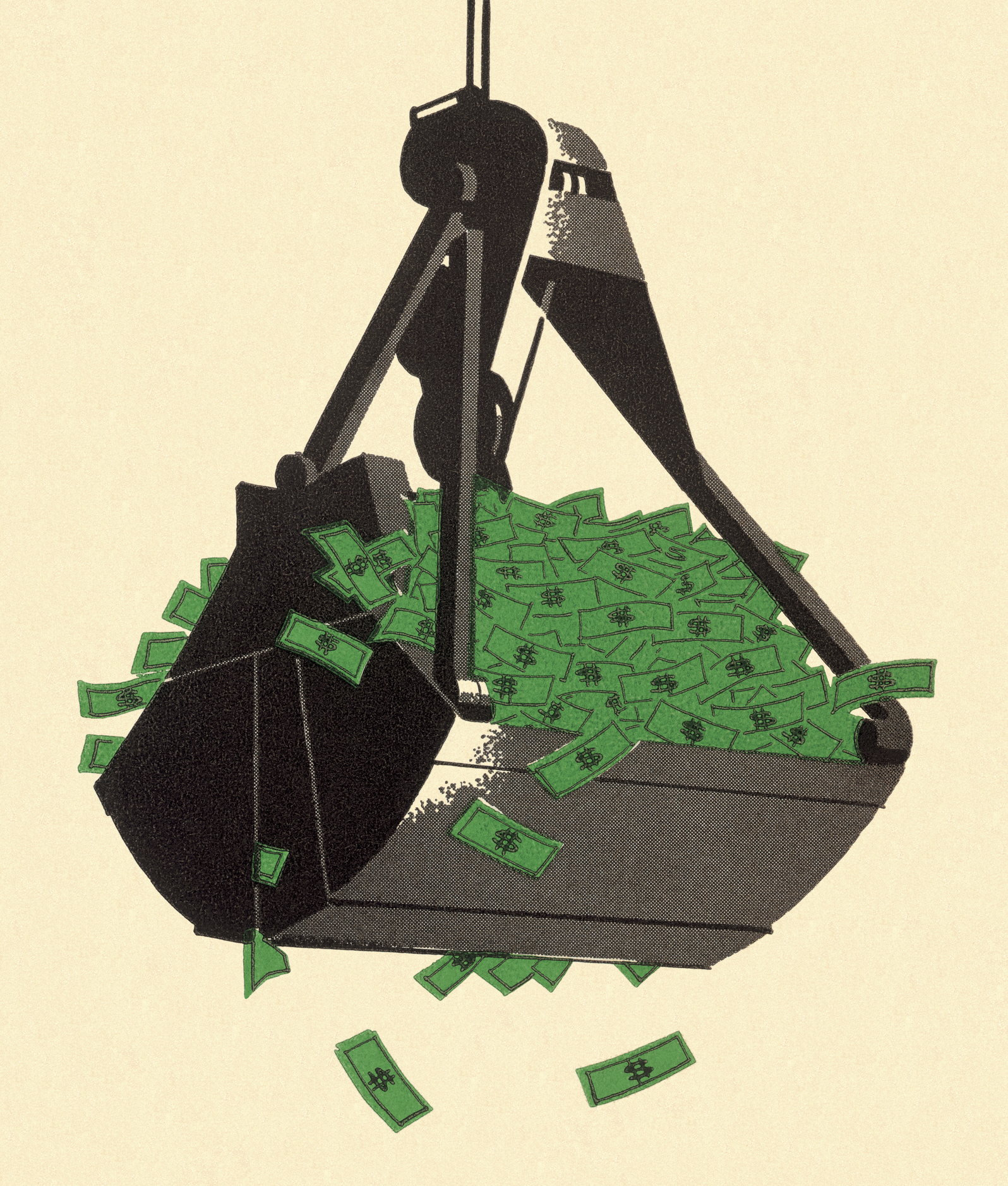Unpacking Escrow Accounts

Is it better to have a home loan with escrow account, or not? And what IS an escrow account?
Let’s start with the basics. When you buy a home using a loan, you commit to paying the property taxes and hazard insurance on the house. Many mortgages are set up with an escrow account, which means the bank that’s servicing the loan collects 1/12 of the expected tax and insurance amounts each month in addition to your loan payment. The bank holds that money for you in the escrow account, and pays out the taxes and insurance for you when they are due annually. Banks like escrow accounts, since it means they get to hold on to more money and they’re assured the taxes and insurance are paid on time.
“Banks like escrow accounts, since it means they get to hold onto more money.”
Do I Need an Escrow Account?
Some loan programs allow the escrow account to be waived, which means the homeowner is responsible for paying the taxes and insurance directly as they come due. The pricing is often a little higher with this option, since the bank carries more risk that a homeowner might not pay the taxes and insurance.
When people ask if it’s better to have an escrow account or not, my usual response is that for most people, the differences are small enough that it’s personal preference. However, I did have one case where an escrow account made life difficult for homeowners.
The Two County Dilemma
The home is on a property that is split between two counties, Collin and Denton. The problem was, the automated escrow system is only set up to have one blank that's filled in for the home’s county. Each year, one county or the other would bill for taxes first, and the bank would pay them the whole amount. But then the other county would bill, and end up with past due taxes, and the computer system couldn’t properly balance the escrow account. Then the homeowners would have some quality phone time sorting this out every year. The homeowners told me about this as we prepared to refinance their mortgage to lower their interest rate, and I said that in their case, not having an escrow account with the new mortgage would save them a lot of time and hassle.
Again, choosing an escrow account or not depends on the homeowner’s situation and personal preference, and most of the time, once you make the choice, it isn’t something that requires much thought going forward. Unless, of course, your property is split between two counties.
Mortgage banker. Landlord. Renovator.




